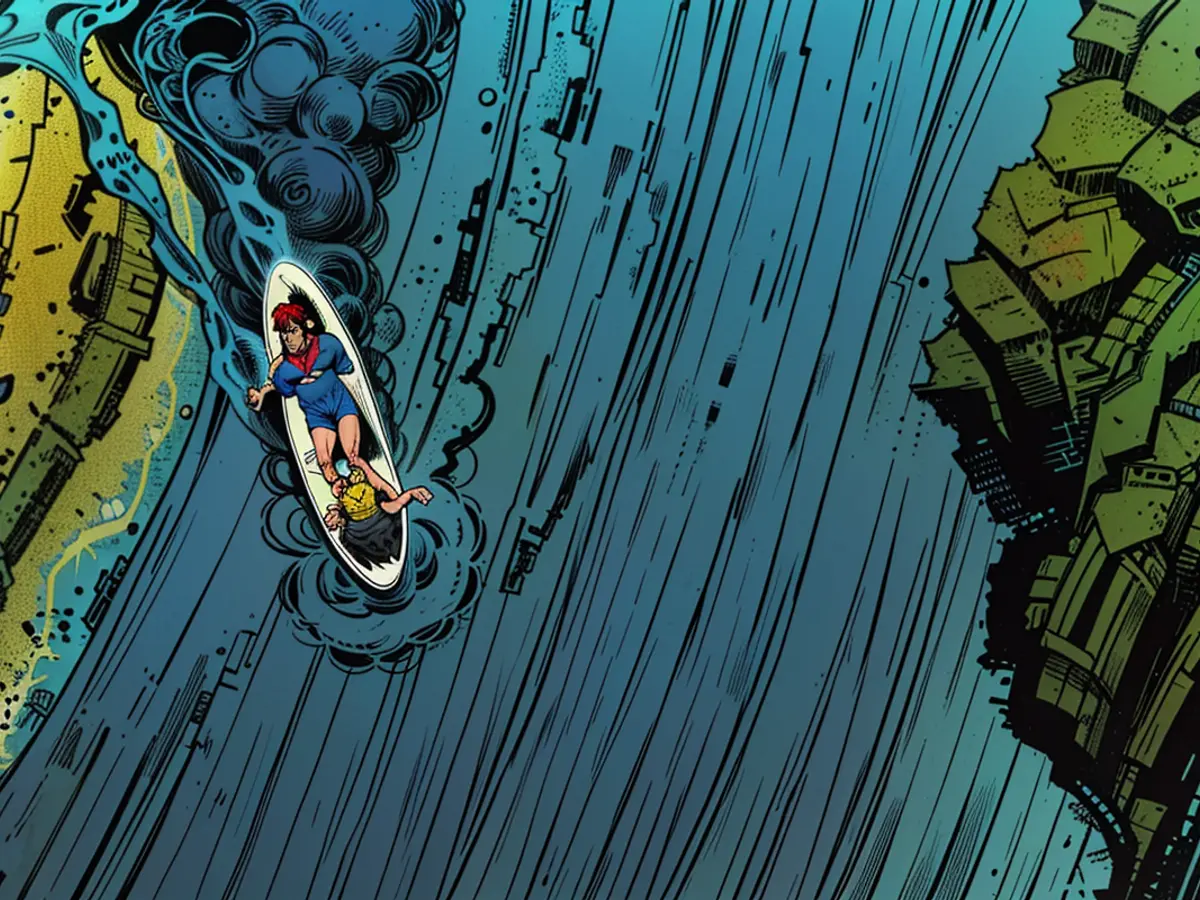- Darmstadt bathing lake affected by blue algae
The city of Darmstadt warns of an increased concentration of blue-green algae at the Grube Prinz von Hessen. "These have been able to develop very well due to the high temperatures and strong sunlight of the last few days," the city announced. The concentration of blue-green algae in the water has doubled in four days and now corresponds to warning level 2 of the Federal Environment Agency.
Citizens are urged not to let children play or swim where green carpets have formed. Furthermore, dogs should not be allowed to drink or swim in these areas. Diving or water sports should be avoided. After swimming, it is recommended to shower thoroughly and change clothing to avoid skin irritation.
A complete swimming ban is not ruled out
If the situation worsens, an absolute swimming ban could also be imposed, the city emphasized.
This summer, other lakes in Hesse were also affected by blue-green algae, including the Wißmarer See near Gießen or the Schultheis-Weiher in Offenbach. There were also indications of cyanobacteria in two lakes in the Hersfeld-Rotenburg district.
According to the Hessian Agency for Nature Conservation, Environment and Geology (HLNUG), blue-green algae in water are noticeable by green-blue streaks. Furthermore, an affected lake can have a slightly musty smell. For humans, it can be particularly unpleasant if they swallow the contaminated water: the cyanobacteria can cause gastrointestinal problems. However, skin and eye irritation is also possible if bathers come into contact with the water.
Avoid swallowing contaminated water
However, the occurrence of blue-green algae is not unusual, Winfried Staudt from the agency explained at the end of July. "We have had other years when it was very warm and dry. Then we had many more cases." There are certain properties that make a lake more susceptible to cyanobacteria. "It's always the same candidates," said Staudt. "In general, they are rather nutrient-rich lakes and rather small, shallow lakes."
Children should avoid playing near or swimming in areas with green algae carpets. If the situation worsens, all swimming activities may be temporarily banned for everybody, including children.








